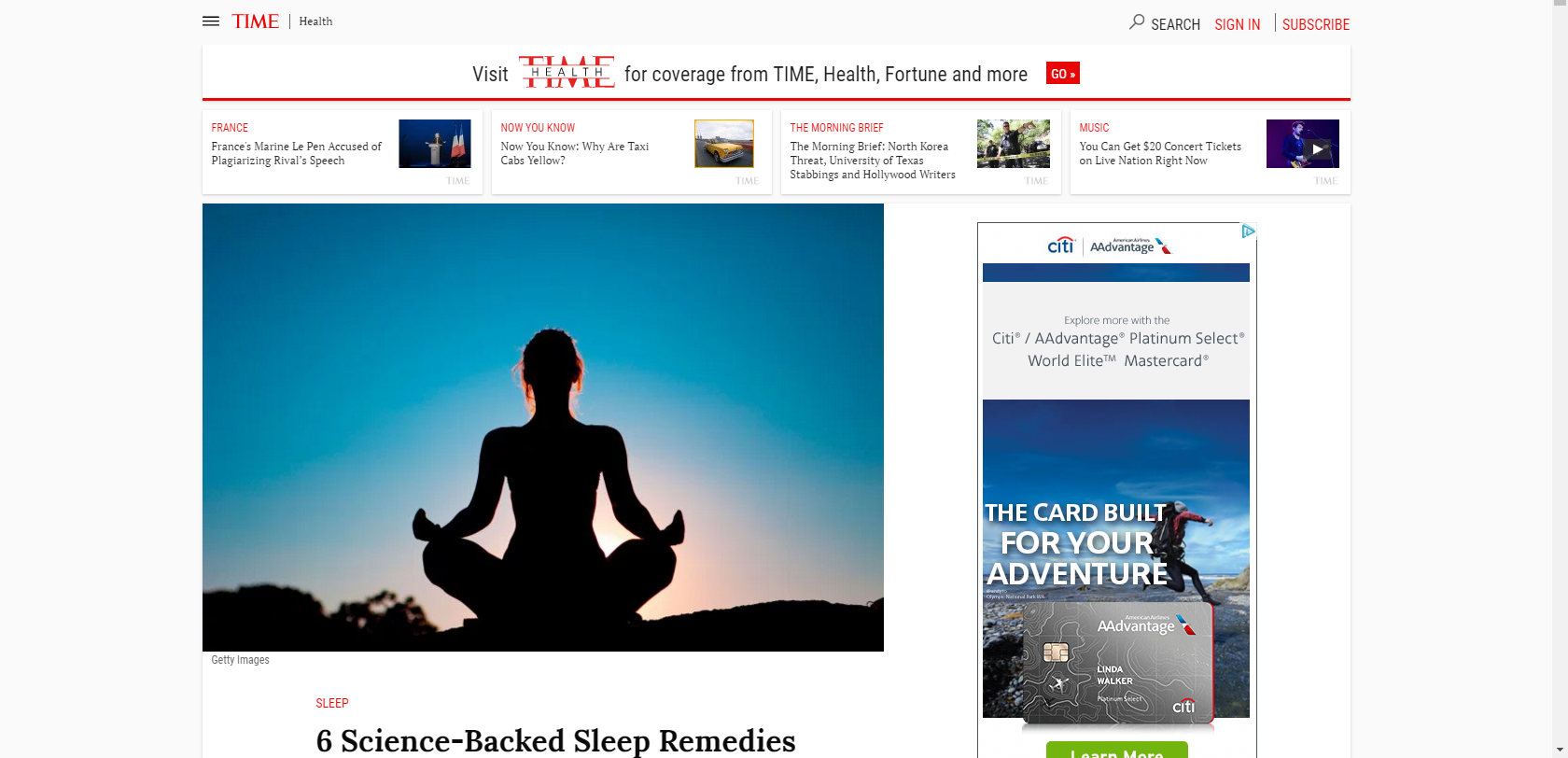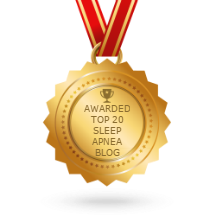
These Sleep Remedies Are Science Backed; Will They Work For You?
Sleeping pills are big business: About 1 in 25 adults has taken a prescription sleep medicine in the last month, according to data from the Centers for Disease Control. And according to Consumer Reports, Americans spent $41 billion on sleep aids and remedies in 2015—a number that’s expected to reach $52 billion by 2020.
But plenty of people are looking for natural solutions, too. Use of melatonin supplements, for instance, more than doubled in the United States from 2007 to 2012. And while scientific evidence for many herbal and alternative insomnia treatments is thin at best, there are some drug-free remedies that have been well studied by scientists.
If getting to sleep or staying asleep is an ongoing problem, it’s important to figure out and address the underlying cause, says Dr. Daniel Barone, neurologist at New York-Presbyterian and Weill-Cornell Medicine. In the meantime, these alternative remedies may help you get back to sleep sooner.
Melatonin supplements
“By far the most common thing I recommend to patients is to take melatonin,” says Barone. The hormone, which is produced by the brain in preparation for sleep, is also available in pill and liquid form, which you can get at any health food store or pharmacy—good news because some modern behaviors can interfere with its natural production. “When we’re exposed to TVs, computers and phones with backlit displays, that tricks the brain into thinking it’s light out and it doesn’t make as much melatonin as it should.”
Getting natural melatonin production back on track is the most sustainable scenario, Barone says, but taking an over-the-counter brand might do the trick short-term. Barone recommends taking between 1 and 3 milligrams 30 to 60 minutes before bed if you have trouble falling asleep, and immediately before if you have trouble staying asleep.
Valerian root
If melatonin doesn’t work or patients don’t want to take it, Barone suggests trying valerian root. A 2015 review published in the journal Evidence-Based Complementary and Alternative Medicine concluded that “a few high-quality studies report modest benefits of valerian for insomnia patients,” adding that while the overall evidence remains mixed, the safety of valerian is well-established.
Like all supplements, however, valerian can have side effects—and you should get clearance from your doctor before taking it, since it can interact with some drugs. “The main thing to consider with all of these substances is how you feel in the morning,” says Barone. “Some people feel fine, but some people feel groggy and hung-over.”
To continue reading this article, click here.
You can buy CPAP Machines, tubing and all of your CPAP supplies at CPAP America, 707 Mantua Pike, West Deptford, NJ 08096. Feel free to contact us at 1-800-569-0167.
You can also reach us via email here.

